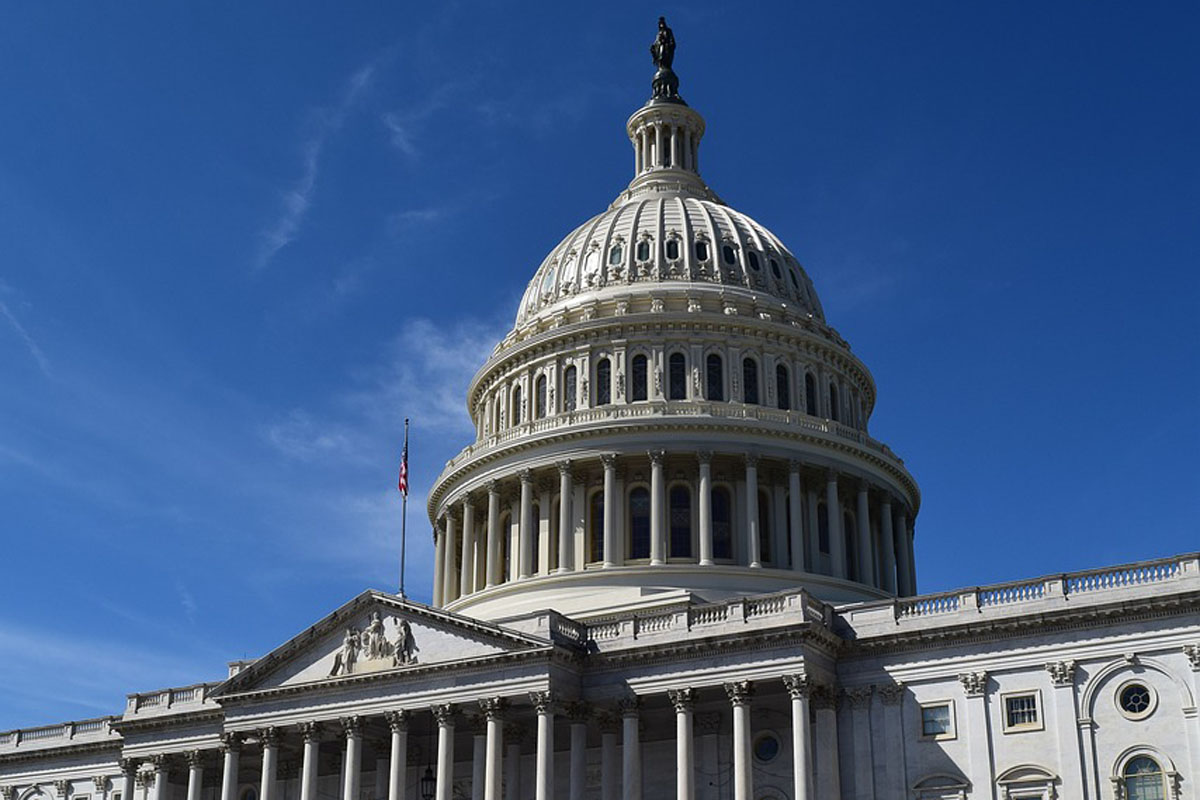The Coronavirus Aid, Relief and Economic Security Act (CARES) was signed by President Trump on Friday afternoon, providing monetary relief in the wake of a global pandemic. This $2 trillion emergency legislation includes funding to address social issues impacted by the pandemic including housing and homelessness. While this funding may not be enough, it will help people struggling to maintain stable housing during this pandemic.
The package has more than $12 billion dollars set aside for homelessness and housing relief. The majority of this money is obtained through grants:
- $4 billion in the McKinney-Vento Emergency Solutions Grants will go toward individuals and families currently or nearly experiencing homelessness during this pandemic. This includes funding for rapid rehousing, housing counseling and rental deposit assistance, temporary emergency shelters (i.e. hotels and motels)
- $5 billion in Community Development Block Grants are allocated funds that will go to communities and states to address economic and housing impacts of COVID-19. This includes options to expand community health facilities, childcare centers, food banks and senior services.
Helping At-Risk Populations
Beyond the most vulnerable, part of this money will be allocated to populations at risk.
According to a communication sent by the New York Housing Conference, “This legislation gives the HUD Secretary broad waiver authority in a number of areas. This may be helpful as it is critical that localities be able to use funding for populations that have not always met the definition of homelessness, such as people being discharged from the hospital or leaving jails. Given the current crisis, we do not want red tape to force anyone into a shelter for a night to prove homelessness.”
The package provides relief to keep public housing afloat as people struggle to pay rent. Over $3 billion will be designated for rental assistance programs and protections that include:
- $1.25 billion will help individuals currently using rental assistance programs (Section 8 vouchers) remain stably housed
- $685 million for public housing to maintain normal operations, which extends through the end of 2020. This will help compensate agencies for reduced tenant rent payments and help contain the spread of coronavirus in public housing
- $300 million for Native American housing, homelessness and coronavirus containment on tribal lands
- $65 million will help senior citizens and people with disabilities with rental assistance
Eviction Protections
The CARES Act also provides borrowers, tenants and landlords with protections in respect to evictions and federally backed mortgages including:
- 60-day freeze on all evictions and foreclosures for those living in federally funded housing through May 18.
- up to 180 days of forbearance for any borrowers for federally backed mortgage loans suffering a financial hardship due to the pandemic. An additional 180-day extension is available, if necessary.
- up to 90 days of forbearance for multifamily borrowers who have experienced a financial hardship in exchange for an agreement not to evict tenants or charge late fees during the forbearance period.
- 120-day prohibition on initiating legal action to recover possession of a rental unit or to charge fees, penalties or other charges to the tenant related to such nonpayment of rent where the landlord’s mortgage on that property is insured, guaranteed, supplemented, protected, or assisted in any way by HUD, Fannie Mae, Freddie Mac, the rural housing voucher program or the Violence Against Women Act of 1994
Funding for Veterans
To prevent the spread of COVID-19, citizens are being asked to stay inside their homes. While this practice is the responsible thing to do, it is not as simple as it sounds. CARES sets aside money for those who may face challenges being confined to their space for an extended period of time:
- $900 million will be put into general maintenance in low-income households including heating and cooling
- $45 million is allocated to the prevention of and response to domestic violence within households, including supportive services and shelter
Furthermore, this bill makes sure to include veterans. Programs to help Veterans who are at a higher risk of contracting COVID-19 will receive $590 million. This funding will be used to support the following programs:
- Health Care for Homeless Veterans
- Supportive Services for Veterans Families
- The Grant Per Diem
Helping At-Risk Youth
The CARES Act also designates a portion of funding toward youth experiencing homelessness.
The Elementary and Secondary School Emergency Relief Fund and the Governors Emergency Education Relief Fund will receive $16 billion. This funding will go directly to State and Local Educational Agencies. These agencies provide essential educational services for youth including meals, educational technology, mental health services and summer programs.
An additional $25 million will be added to the Runaway and Homeless Youth act to supplement existing funding. Ideally, this funding will translate to tangible support these youth need during this uncertain time.













